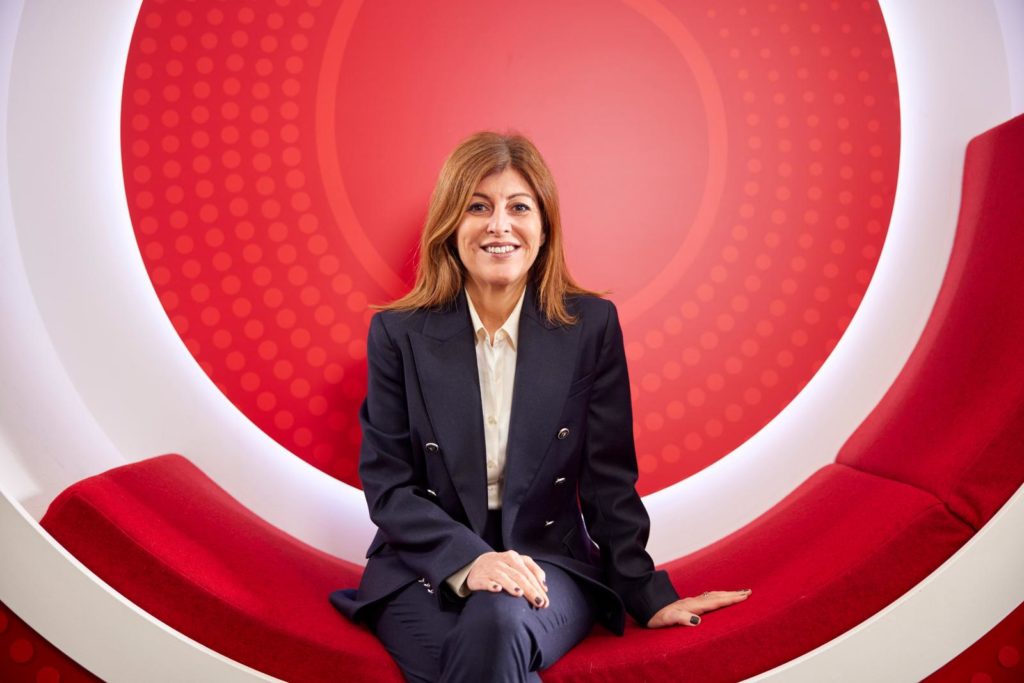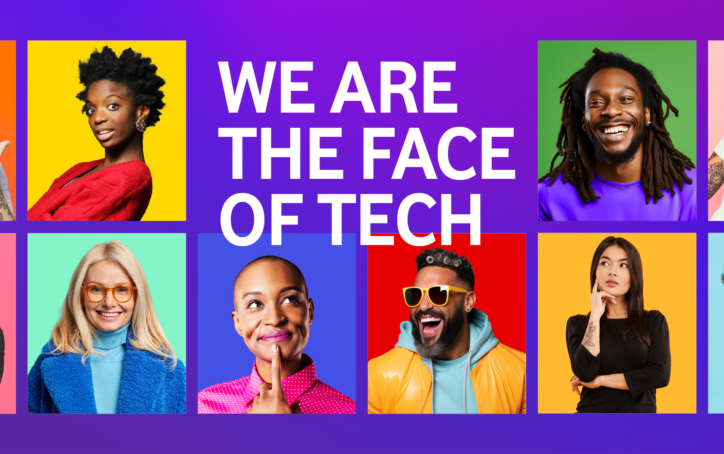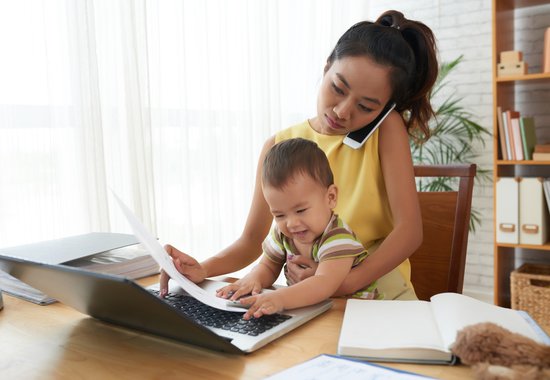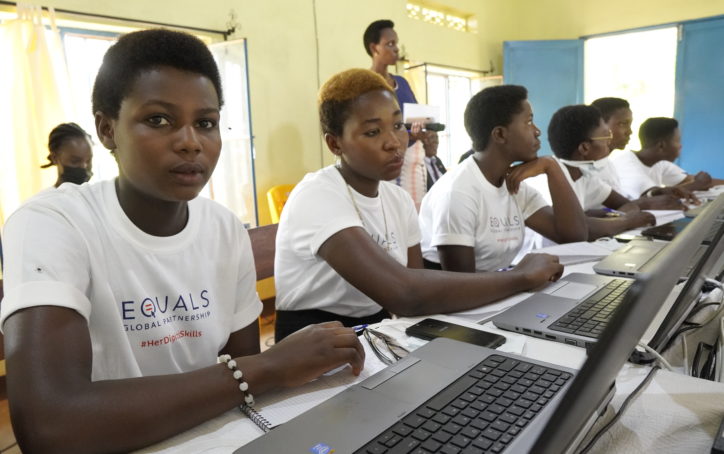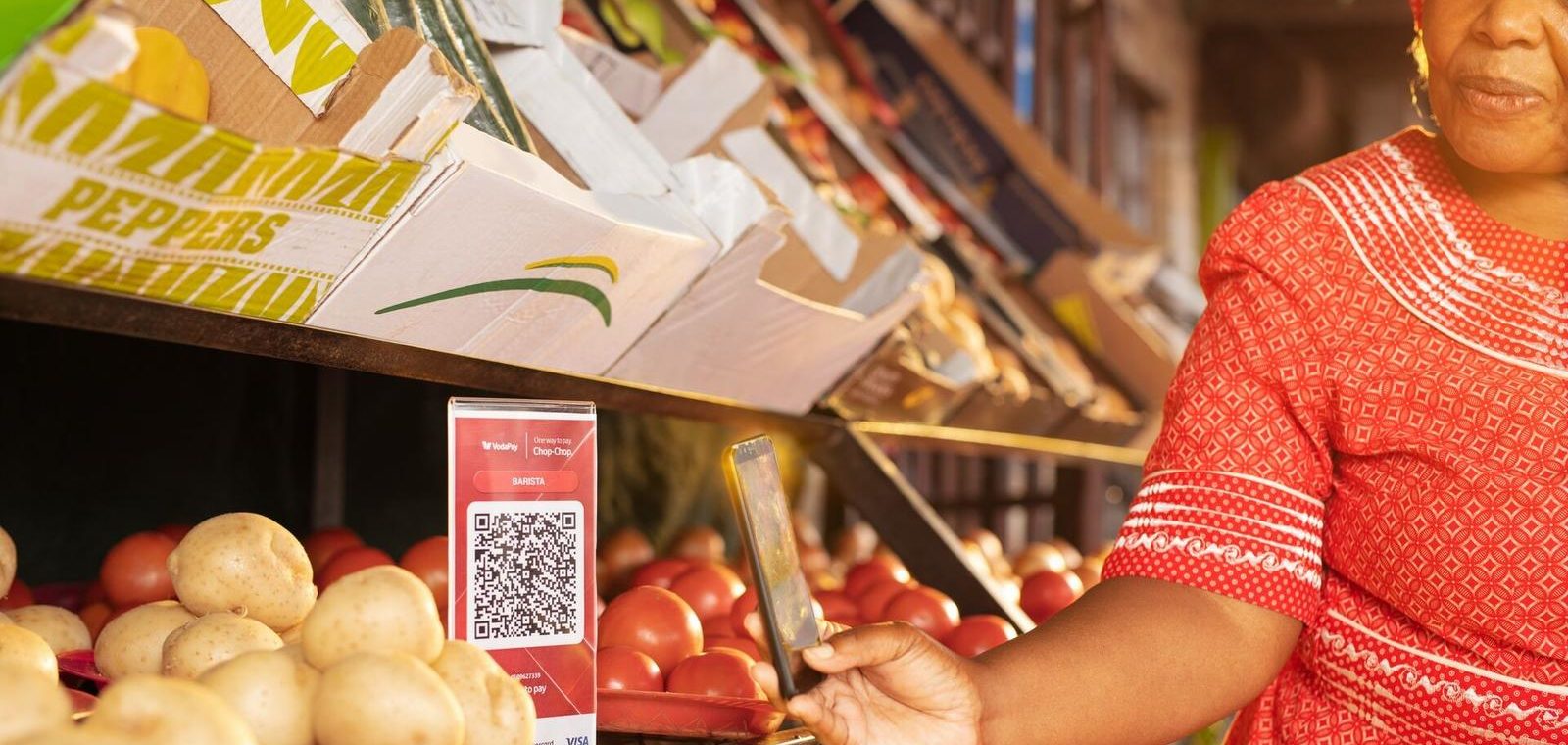
Delivering Vodafone’s Inclusion for All vision
By Serpil Timuray, CEO Europe Cluster and Vodafone Group Inclusion for All Chair
Vodafone’s Inclusion For All strategy seeks to ensure no-one is left behind through societal initiatives that boost access to connectivity, digital skills and relevant services, and within Vodafone itself by developing a diverse and inclusive workforce that reflects the customers and societies we serve.
More than 4.9 billion people are now online, but 2.9 billion remain offline, 96% of whom are living in developing countries. Four of Vodafone’s African markets are designated by the UN as “Least Developed Countries” where just 27% of people are online.
To tackle the digital divide, we are working hard to overcome five key barriers – coverage, access to devices, affordability, digital skills and creating relevant products and services for those most at risk of being unconnected, particularly women and the elderly.
We’ve made significant progress this year across several areas: increasing coverage, supporting customers through affordable 4G devices and developing new services that help customers unlock more opportunities. We have also stretched ourselves to set new targets and create new partnerships, including new goals for connecting women and broader financial inclusion.
We know that internet access is transformational, and we continue to upgrade and expand our fixed and mobile networks in Europe and Africa to achieve meaningful connectivity.
In March 2022, as part of the ITU Partner2Connect digital coalition, we pledged $190m over five years to increase our 4G population coverage from 54% to around 85% across six Sub-Saharan African countries. In Europe, we are working to increase investment to boost rural connectivity, creating Smart Villages and Cities that support businesses, citizens, and the environment.
A key challenge is making smartphones more affordable and accessible, particularly in Africa where 4G is available to more than half of the population but accounts for just 15% of connections.
In his role as commissioner to the UN Broadband Commission for Sustainable Development, our CEO Nick Read chairs a working group driving multi-stakeholder action to connect 3.4 billion people with smartphones by 2030.
In partnership with Google, Safaricom last year launched a device-financing initiative called Lipa Mdogo Mdogo (Pay Little by Little) offering a flexible payment plan and low upfront cost. More than 600,000 4G devices have already been connected through this initiative.
Despite ongoing efforts to close the gender digital divide, the majority of those still unconnected are women, particularly in emerging markets.
Driven by the success of scaled services relevant to women like Mum & Baby, I am delighted that we have met our original 2016 goal of connecting an additional 21.6m female customers in Africa and Turkey, four years ahead of schedule. We have now set a new target to connect an additional 20m women to mobile by 2025.
More than 2 billion people remain unbanked globally, with limited ability to transfer or save money, access loans, or start businesses. We continue to grow platforms that boost financial inclusion, including our M-PESA service that provides financial services to people with a mobile phone but limited access to a bank account.
At the end of March, 52.4m customers were using M-PESA or its equivalents – a significant milestone that exceeded our original goal of connecting 50m to mobile financial services four years ahead of our original target. I am proud to announce that our next milestone is to connect 75m customers to financial services by 2026.
Enabling a quality education and boosting digital skills is pivotal to ensuring the digital divide does not worsen. Even before COVID-19, an estimated 258m children around the world were not in school, and the pandemic further highlighted the urgent need to teach digital skills.
We have grown our Connected Education programme, helping to bridge the digital divide through access to ready-made classrooms for more than 1.5m students and teachers in 4,500 institutions across 10 countries. The Vodacom e-School project that allows students and teachers to access learning materials on their smartphones with no data charges has already reached 1.2m users in South Africa.
Across Europe, Vodafone Foundation’s €20m programme to expand digital skills and education has reached 1.2 million students and teachers. And in June 2021, Vodafone Foundation and UNHCR expanded their Instant Network Schools programme which has helped support 94,000 refugee students in four African countries.
The #ChangeTheFace initiative, launched by Vodafone in March 2020, evolved into the establishment of the #ChangeTheFace Alliance September 2021, bringing together more than 12 leading global tech companies, consultancy firms and NGOs to collaborate.
The founders are working together to share industry insights and best practice on diversity and equality, cooperate on initiatives to drive change and showcase Alliance member case studies for the entire tech industry.
This year I was honoured to receive the special GLOMO “Diversity In Tech Outstanding Achievement Award” at Mobile World Congress 2022 in Barcelona, celebrating the Alliance’s efforts to accelerate diversity and inclusion in the technology sector.
These achievements underscore Vodafone’s purpose to connect for a better future by using technology to improve lives and enable inclusive and sustainable digital societies. You can read more about our Inclusion For All strategy and our Planet and Digital Society purpose pillars in our Annual Report 2022.
